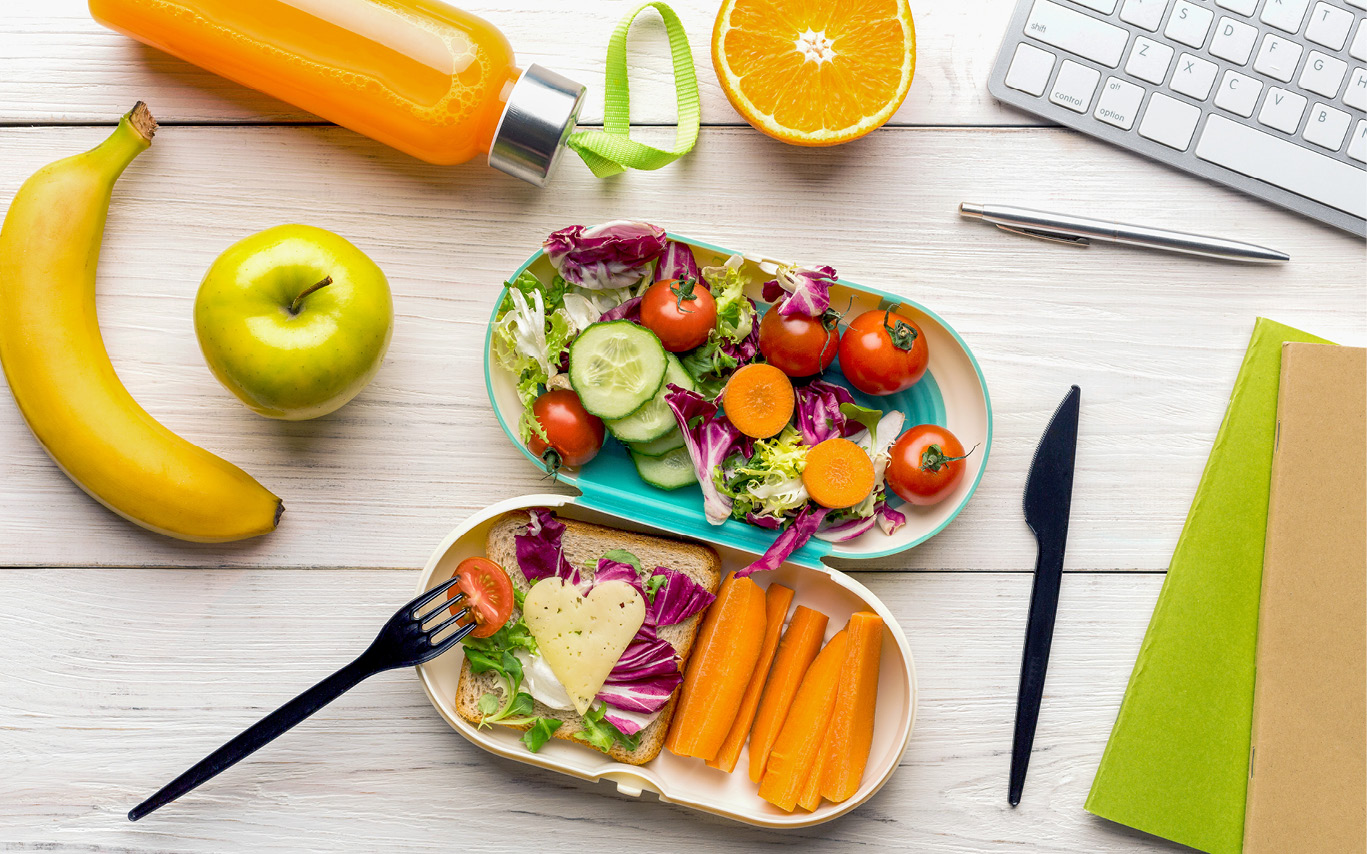 Sidonie from our Health Information team looks at healthy habits and why it isn’t necessarily so easy to change your unhealthy behaviour.
Sidonie from our Health Information team looks at healthy habits and why it isn’t necessarily so easy to change your unhealthy behaviour.
Working at World Cancer Research Fund (WCRF), I am well aware of what I’m supposed to do to best protect myself against cancer. And some of those behaviours I’m pretty good at – I don’t smoke and never have, I eat plenty of fruit, veg and fibre – but there are some that are so ingrained, I can’t quite seem to cut the habit. Why is it so hard to change our lifestyles?
Why we do the things we do
The biggest barrier facing us when we think about changing our lifestyles to get healthier is that our attitudes and decisions are affected by so many factors – there are influences coming from all directions telling us what to think, feel and how to behave. Many are outside of our direct personal control.
For example, even though I knew the health risks – that eating processed meat is a cause of bowel cancer – bacon used to be a regular part of my diet. The internal influences of eating bacon for me included enjoying the taste, the smell, and knowing quick and easy to cook recipes that use bacon. On top of that are the social influences – the people I cook breakfast with enjoy eating bacon and who am I to be awkward and stop them?
Even if I can overcome those things, there’s the environmental influences – bacon is relatively cheap to buy and readily available.
My change

Despite all those reasons encouraging me to continue to eat bacon, I have cut down. What helped? The knowledge of the health risks was definitely an important factor – but more than that, the way the information was given to me helped. I was given information at the right time (when I was ready to make a change) and wasn’t berated or judged by people for making a ‘bad’ lifestyle choice.
But bacon is just one example. It’s also important to remember that being healthier doesn’t have to be a massive shift in your behaviour. It’s much easier and more sustainable to make one or two small changes at a time to our daily routine. So, to stop myself snacking on sugary food at work I make sure to bring in plenty of fresh fruit – changing my environment to make sure healthy options are as convenient, or more so, than unhealthy options. I also bring in enough to share with my colleagues, creating a positive social influence. After all, it is our overall pattern of diet and exercise that affects our risk of cancer, not just one food or behaviour.
We get it
At WCRF, we get that making healthy lifestyle choices are hard due to internal, social and environmental influences – we’re human just like you. Being on the receiving end of someone, like a health professional, telling you to change can turn you off, stop you listening and make you completely disengage from a topic. That’s why we’ve created a training resource for health professionals to help them give us information in the best way possible so that we are most likely to change those habits that are hard to budge. So now health professionals not only have the most up-to-date scientific research on cancer risk, they also know how to share that information in a way that invokes positive change.
> Find out how we help health professionals stay up-to-date with the latest information

